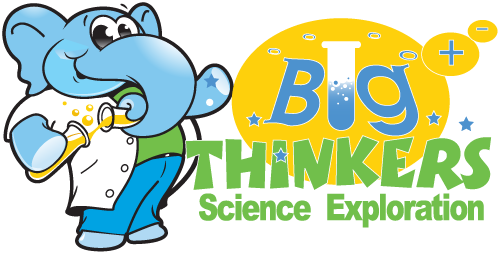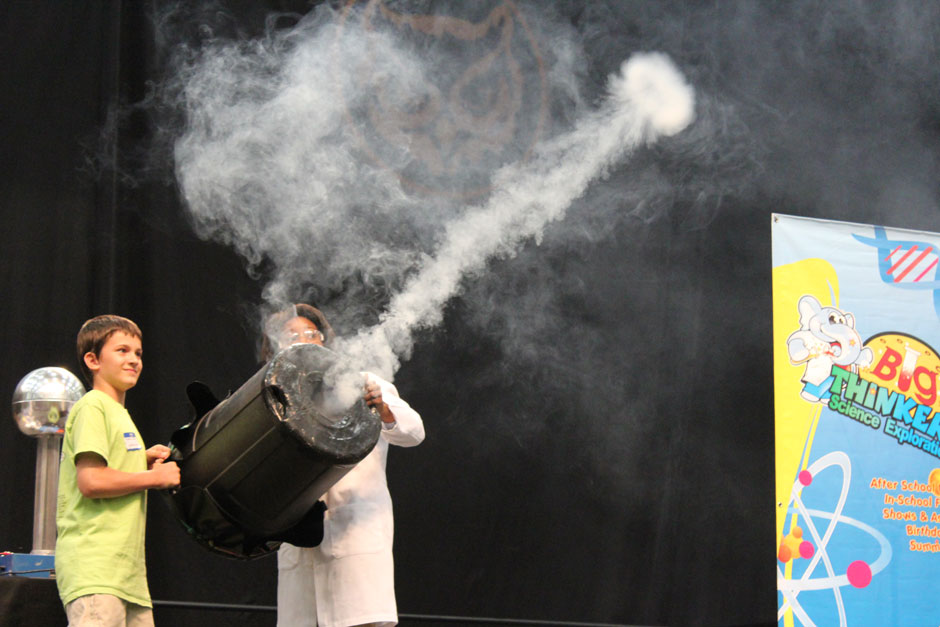As you can probably guess, we at Big Thinkers believe science is probably one of the most important things there is. Everything in our world has a bit of science in it, so the more we know about science the better we understand what’s around us. This is one of the reasons we learn science in school, so we are able to gain the tools to understand our world. Unfortunately, around the country, kids have been having a little trouble with science. Although students and teachers are trying their best, kids are missing some of the really important facts that help make science what it is. Many of our important leaders in education are searching for a way to help students get back on track with science. They worry that, if kids don’t have a firm grip on important science facts, they may not be able to understand the world around them as well. Funny thing is, they’ve been using science to find the answer! They’ve run experiments you’ve probably been a part of- you know, those tests that can sometimes take a whole week of school? And they’ve sat in your classrooms, making observations (looking at things and writing down what they saw). After reading over all of their data, the information they calculated from their experiments and observations, many of our leaders believe that there is a way students can be helped through what they call informal science education. Informal science education lets kids learn about science outside of the classroom. Things like going to the zoo or a museum, or even participating in a science club like Big Thinkers are part of informal science education. Many leaders are now looking to develop more opportunities for this kind of education for all kids, so that they all can become stronger scientists. Stronger scientists have more tools to understand the world around them. And, since science can help us in other areas, like math and language arts, kids can become stronger students, too. It’s a win-win-win! Keep watch of your leaders in education as they find ways to provide kids like you with ways to gain informal science education. And drop them a line with any of your ideas!
Recent Posts
Archives
-
5 Websites Where Your Kids Can Learn to Code for FreeJuly 29th, 2016
-
New yearDecember 31st, 2014
-
After schoolDecember 31st, 2014
-
5 Websites Where Your Kids Can Learn to Code for FreeJuly 29th, 2016
-
Five Fun Fall Science Activities to TryOctober 22nd, 2015
-
Top after school reasonsDecember 31st, 2014
- No comments have been published yet.
Neque porro quisquam est, qui dolorem ipsum quia dolor sit amet, consec tetur, adipisci velit, sed quia non numquam eius modi tempora voluptas amets unser.
John Doe, My Company
Aliquam erat volutpat. Quisque at est id ligula facilisis laoreet eget pulvinar nibh. Suspendisse at ultrices dui. Curabitur ac felis arcu sadips ipsums fugiats nemis.
Luke Beck, Theme Fusion
Contact Info
12345 north Street
New York City, NY 555555
Phone: 555-555-5555
Fax: 555-555-5555
Email: info@yourwebsite.com
Web: Yourwebsite.com







Leave A Comment